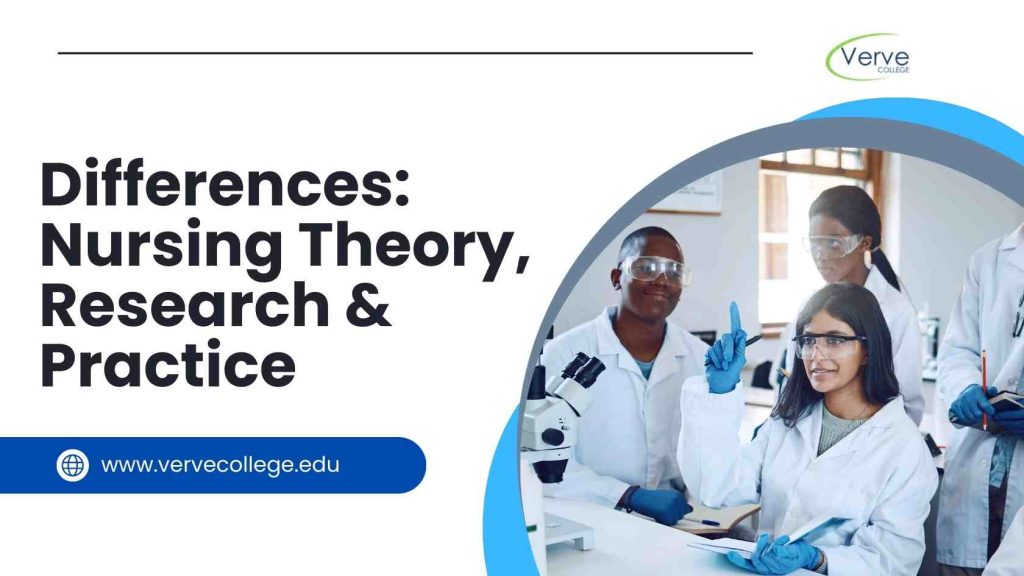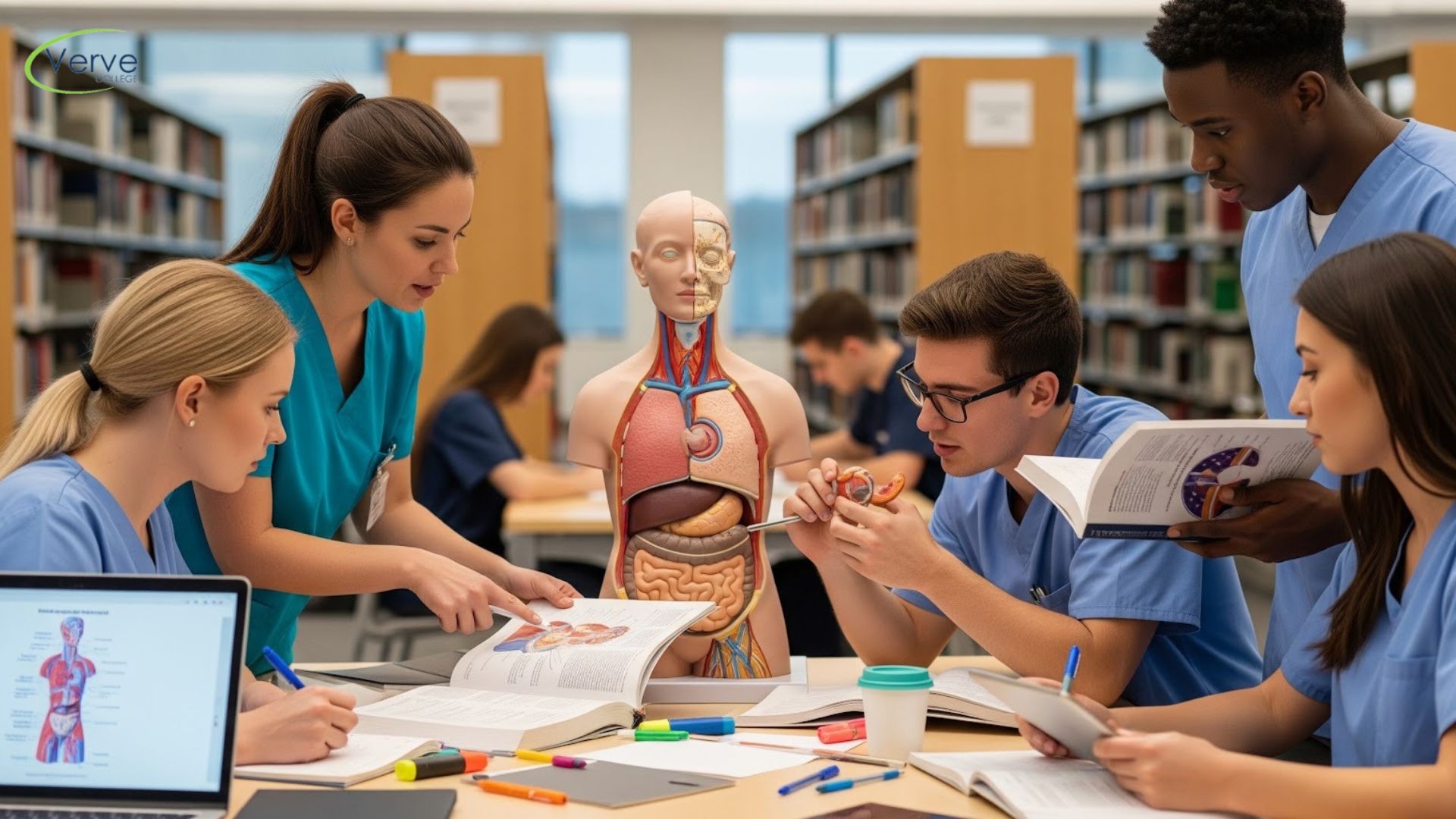- Oak Brook:(630) 705-9999
- Chicago:(312) 920-8822
- Email:inquiry@vervecollege.edu
- Make a Payment
- Home
- Programs
- Admission
- Resources
- ATI Entrance Exam Resources
- New E-Digital Library
- Refer a Friend
- School Newsletter
- Events
- Employers
- Job-Network
- Alpha Beta Kappa Candidates
- Verve College Library
- Graduation and Pinning Ceremony Photo Galleries
- Textbook Information
- Career Services
- Tutoring
- School Catalog
- FAQ
- Constitution Day Program
- Alumni
- Verve College Plans
- Financial Aid
- HEERF Reporting
- Satisfactory Academic Progress
- Apply For Financial Aid
- Net Price Calculator
- Return of Title IV Funds (R2T4)
- Financial Aid Office Code of Conduct
- Contact
- FAQs
- Verification Policy
- Vaccination Policy
- Student Right-to-Know Act
- Misrepresentation
- Information Security Program
- Academic Award Year
- Availability of Employee
- Cost of Attendance
- Health & Safety Exemption Requirement
- Students Rights and Responsibilities
- Leave of Absence
- Pell Formula
- Military Students
- Grants/ Scholarship Policy
- Contact Us
- Testimonials
- Blog
Is a Nursing Career Right For You?
Take The Free Quiz
Difference Between Nursing Theory, Research, and Practice
Difference Between Nursing Theory, Research, and Practice
A nurse must bridge the theory-to-research communication chasm in direct medical care and the actual practice of the job.
A nursing degree from a community college, for example, can help solidify and develop a nurse’s competence and abilities through the use of important educational principles in health care settings & long-term care facilities. This article will guide you through an educational study that discusses the key principles for integrating numerous nursing concepts in medical settings. The study also describes the competencies expected at various academic levels to give experiences to students.
Guidelines for Professional Nursing Clinical Training
Nurse educators, nurse managers, and nursing administrators all have high demand in the United States.
A hybrid practical nursing program (online option) with hands-on training can develop independent, autonomous practical nurses who can update, assimilate, and acquire new critical thinking skills, knowledge, and attitudes in clinical rotations by continuing accreditation. Students will face many situations in their professional future as nurses where they must make ethically correct and professional decisions in clinical settings.
Four core concepts emerged from a literature study and colloquial discussions: professional stances, reflective processes, and problem-solving skills. These four basic concepts were used to develop general and abstract guidelines taught in education courses.
The guidelines outline what potential students should be able to do regarding personal and nursing qualifications. This will ensure they are ready for the demands of their profession.
What Was the Theory Behind It?
Clinical Guidelines
To support evidence-based practices, clinical guidelines backed by evidence from the science of nursing were developed. Faculty and vocational nurse supervisors provide pedagogical support to students to help them operationalize and personalize the guidelines according to their previous knowledge and experience by enrolling in online nursing programs.
Decision-making
Nursing education provides theoretical instruction as well as technical skills during clinical practice hours. In the clinical portion of education, students can apply their theoretical knowledge in practical situations. The ultimate goal is to produce a confident student who can make decisions independently and perform nursing tasks toward patients, family members, and other healthcare professionals. Clinical decision-making based on rational thought and ethical judgment should precede any action to achieve these goals.
Related:- Why is Nursing Research Necessary?
Clinical nursing supervision
Clinical caregiver supervision’s primary objective is to develop the supervisee’s job identity, competency, skills, and ethics. Clinical supervision improves nurses’ abilities to patient care for patients and helps them make decisions.
Examine
The purpose of an authentic performance-based assessment is to assess the student’s ability to focus on and discern relevant aspects in various situations and to manage them simultaneously to solve problems and make decisions in a variety of health care.
What Was the Conclusion?
Four core concepts were identified: professional stances, reflective processes, and problem-solving skills. These core concepts have been transformed into educational guidelines for four academic levels, introductory, intermediate, and advanced levels.
Professional Posture
Professional stances are rooted in values-related philosophical assumptions specific to each profession. It means that, among other things: professional activity is governed both by codes of ethics and a unique body of knowledge. The nurse is a professional with an independent responsibility and a scientific basis for their profession. The nursing profession like a practical nursing program near me with a good academic advisor is based on a holistic and humanistic approach to the human person.
Problem-solving and Reflective Processes
The process of reflection and problem-solving has a series of phases. The first phase is the description and definition of the problem/situation. In the second phase, the goal is to understand the problem. The choice-making phase is the third stage.
Practical Skills
Practical skills are developed through real-life situations in health care team techniques by methods. In clinical practice, each situation is unique, connected to specific people at a particular time, and the result of decisions, feelings, judgments, and thoughts expressed through actions and decisions.
Verve College’s Online Nursing Diploma Programs (Accredited School)
LPN programs near me with a hybrid option by Verve College is an initial accreditation option with an educational requirement of criminal background check that helps to become a confident nurse leader by learning clinical skills and hands-on experience in healthcare facilities. Also, get a deep understanding of the human body’s function & structure concerning the body system with an exploration of medical terminology, scope of practice, vital signs & all aspects of practice in an academic program from just one enrollment.
For successful completion of practical training done by clinical courses, you can join to enhance the practical skills by comprehensive robust knowledge for achieving the passing score in the NCLEX-PN licensure exam & take a completion certificate.
 Sign up
Sign up Login
Login




